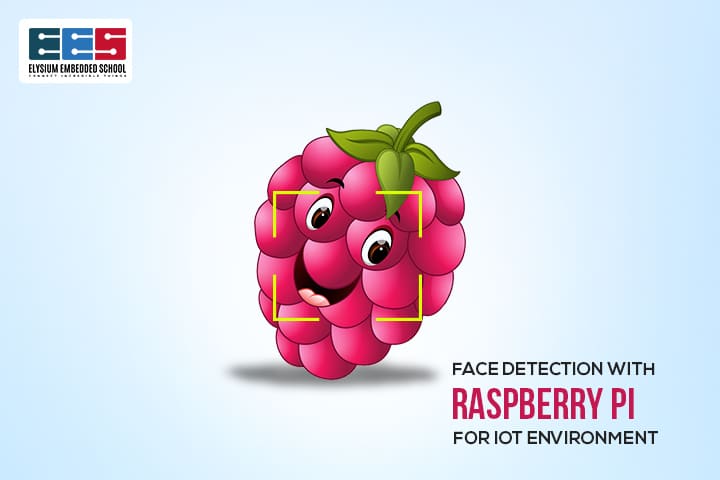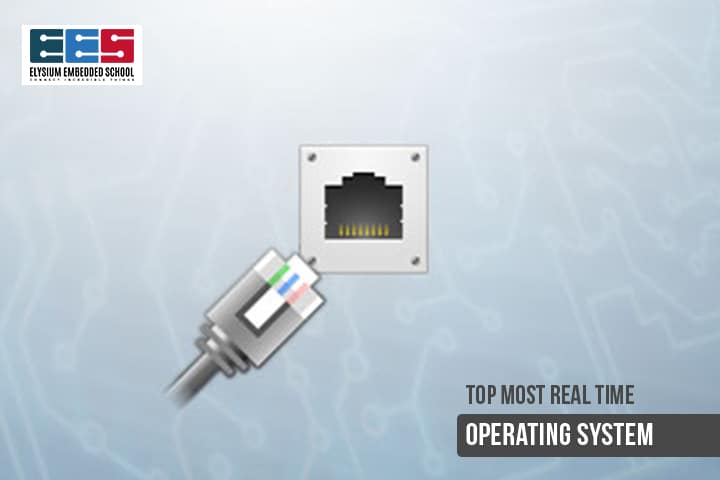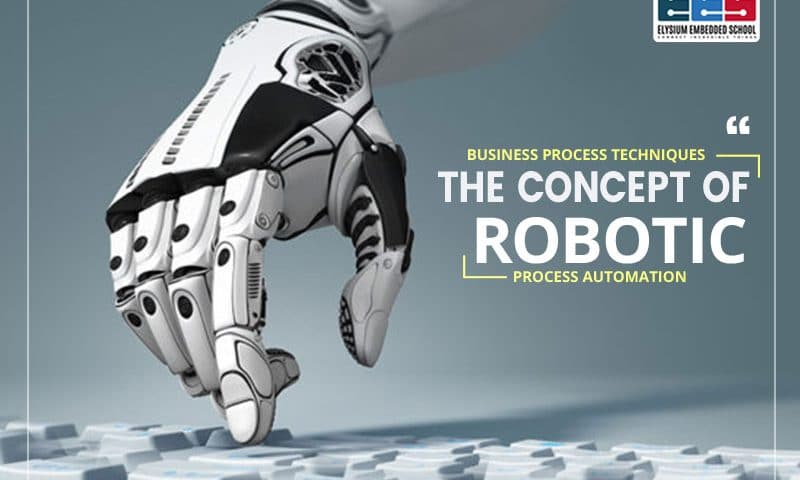
Face Detection with Raspberry Pi for IoT Environments
February 27, 2019
Top Most Real Time Operating System
March 5, 2019Business Benefits of RPA : In today’s digital world, robots are truly beginning to make their way. RPA Certification is an example that may emerge as a promising tool which helps businesses of all kinds of streamline operations and cut costs while freeing workers from repetitive tasks.
Robotic Process Automation
RPA is the technology which allows anyone to configure computer software or a "robot" to capture and interpret an existing application for processing a transaction, manipulating the data, triggering response and communicate with other digital systems.
Business Benefits of RPA
Clear Cut Rules: Robots can follow well-defined rules. It can be capable of handling complex and straightforward rules.
Multiple System to work: The main benefits of automation is its ability to tie together several systems and work with them.
Limited Exceptions: The major purpose of robotic process automation is to reduce the need for human interaction with processes.
More Prone to Human Error: In business, errors can cause major problems. Even though, well-trained employees and possess years of experience can commit an error. RPA handle these tasks and automatically see a reduction in costly mistakes.
Business Processes
Financial Operation: It can help business automatically keep track of receipts, calculate taxes and pay invoices on time with minimum input from human workers. Moreover, it provides significant savings and improves efficiency across an organization.
Information Technology: RPA can diagnose automatically, fix technical problems, track support tickets and also provide technical customer services like resetting the password and minor issue resolution.
Data Analytics: It is the automatic collection and analysis of data. It allows for more effective decision making guided by accurate information.
Human Resources: HR department has to keep track of a wide range of data across the entire organizations. These tools allow HR workers to track timesheets rapidly, store documents, and calculate benefits to employees.
Supply Chain: In fact, RPA helps cost reduction in supply chain management. It is also used in checking stock levels and following shipments.
Healthcare: In the field of medical, RPA is utilizing for handling patient records, insurance, billing, account management, reporting, and analytics.
Customer Service: It helps business which offers better customer service by verifying e-sign, uploading scanning files and confirming data for approval or rejection.
Account Management: Most of the organizations use robotic process automation for general accounting, value-based reporting, and budgeting.
Conclusion
In the final analysis, the evolution of RPA is that transformation will become faster and business models will be an aid IoT and Cloud Computing much more extreme ways. Organizations which are currently taking the step ahead will see a huge opportunity to develop more quickly.




